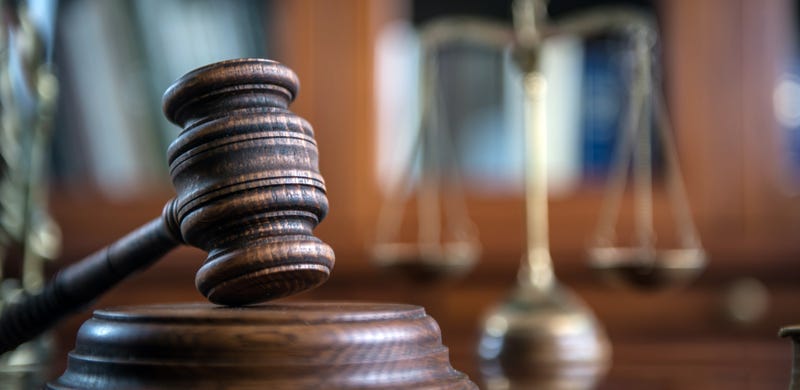
In a ruling that could have a major impact on McLennan County, the 5th Circuit, U.S. Court of Appeals has reversed a federal judge and revived a group of lawsuits against officials in McLellan County over the biker gang shootout that happened in Waco seven years ago.
Five motorcycle riders who were at the Waco Twin Peaks claim that they were falsely arrested on May 17, 2015, when rival biker gangs got into a shootout.
Police had advance warning that there could be violence as members of the Bandido and Cossacks gangs were converging. Officers had positioned themselves to the side and opened fire when the gangs began shooting at one another. By the time the air cleared, nine were dead, and 177 people were arrested for engaging in organized criminal activity. Their bonds were initially set at the suffocating amount of $1-million.
Court records say “all were arrested pursuant to the same “form warrant affidavit” that was presented to the magistrate judge as the basis for the arrest warrants. But for the subject’s name, which was to be inserted on a blank line, the affidavit was identical in every respect.”
Eventually a prosecutor who was elected after the shooting said he was forced to drop all charges.
In a series of false arrest lawsuits, bikers who claim they had nothing to do with the rivalry sued the City of Waco, former Police Chief Ben Stroman and former McLennan County District Attorney Abelino “Abel” Reyna, among others.
Initially, U.S. District Judge Alan Albright dismissed the claims, noting that indictments had been handed up by a grand jury, providing a shield for law enforcement.
But in its ruling, the panel of the 5th Circuit found “in essence, that the independent intermediary doctrine should not apply to the grand jury’s indictment because the grand jury was misled in the very same way as the magistrate who issued the arrest warrants.”
The finding effectively breaks the shield of protection granted by governmental immunity. The court remanded the case back to Albright.
“We’re at least going to be allowed to continue on in the lawsuit,” said Don Tittle, one of the lawyers representing the five bikers who filed the suits. “We thought the case should have been reversed. It took us two years to get back to where we were.”
Tittle acknowledges it is difficult to overcome a claim of governmental immunity. And while there is no hint of how the lawsuits may go, the fact that they can continue is considered a major win.
“This allows us to get back to the trial court and start taking depositions, put people under oath.” Tittle said. “We think we can establish that these people were arrested for simply being at a bike rally where some violence that they didn’t know anything about occurred.”
